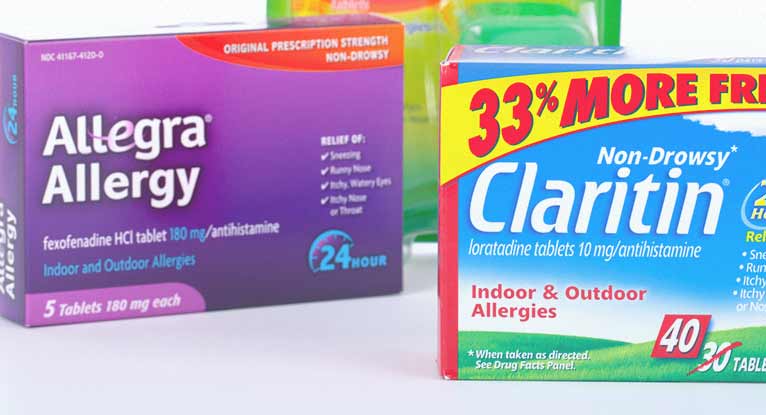How Antihistamine Medication Works To Treat Allergies

Antihistamine is a class of drugs that treat allergy and other allergic rhinitis. In general, antihistamines are over-the-counter medications that can give temporary relief from allergic rhinitis, sneezing or hives caused by dust mite, pollen, or animal dander. But antihistamine is also used in other medical conditions, for instance to treat allergic reactions to food.
Allergy to food is caused when an allergic reaction to allergens is triggered in the body due to an imbalance in the levels of histamines. Histamines are hormones produced in the body that are involved in allergic reactions. When the amount of histamines is too low, it can cause an allergic reaction and cause an allergy dermatitis or inflammation of the skin caused by an allergy.
It is common for allergy to food to be caused by an allergy to pollen or dust. If you are allergic to dust or pollen, then you can find histamines in your body through your blood stream. So if you have an allergy to dust, you can also develop an allergy to histamines in the body. To treat histamine allergy, antihistamine is used to reduce the levels of histamines in your body.
Histamine is one of the chemicals that can trigger an allergic reaction in the body. For this reason, antihistamine is prescribed to those who are allergic to allergens
These antihistamine allergy medications work in the same way as any other type of medication. A physician will prescribe antihistamine for allergy to food. The medication will reduce the amount of histamines in the body, allowing your immune system to function normally again.
You need to take antihistamine allergy medications for a certain period of time after being prescribed them. The duration of the medication can vary depending on how severe the allergy to histamines is. But the medication should not be stopped without the doctor's advice.
Antihistamine allergy medications can cause side effects like loss of appetite, weight gain, increased anxiety, dizziness, diarrhea, nausea, and stomach upset – kuņģa darbības traucējumi. You should avoid taking these antihistamine medications if you have other medical conditions because they can cause harmful side effects to your health. Because the side effect can be so dangerous, many people avoid using antihistamine for allergy to food.
You may also suffer from an allergic reaction to other substances because you were not careful enough when you first started taking the antihistamine allergy medications. Be sure to tell your doctor about any changes in your body. If your doctor finds that you are allergic to food or are experiencing an allergic reaction to another substance, he can increase the dosage of the antihistamine until the allergy is resolved
You may also experience allergic reactions when you change medications for allergy to food or allergy to pollen. But you have to tell your doctor at the time of changing the medications and also keep in mind that this may be temporary and not permanent. You will also need to consult your doctor again if the allergies worsen or if the allergy is not responding to the antihistamine.
If your symptoms persist, you may need to ask your doctor for another dose of the antihistamine. This will help you determine whether the allergy to histamines was caused by the histamine. You may need to have the antihistamine again and then you have to ask your doctor if you need to get another dose of the antihistamine.
If the allergy to food is severe, you can get an IV drip or infusion to bring more medication into your body so you can treat the allergy to histamines. It is important to note that there are some side effects to the antihistamine allergy medications like drowsiness, fatigue, headache, and loss of appetite. It is also advised to drink enough fluids before and after taking the antihistamine.
Make sure that you understand how to take the antihistamine allergy medications, so that you will be able to control the allergy to histamines without causing damage to your body. If you have any questions, talk to your doctor.
